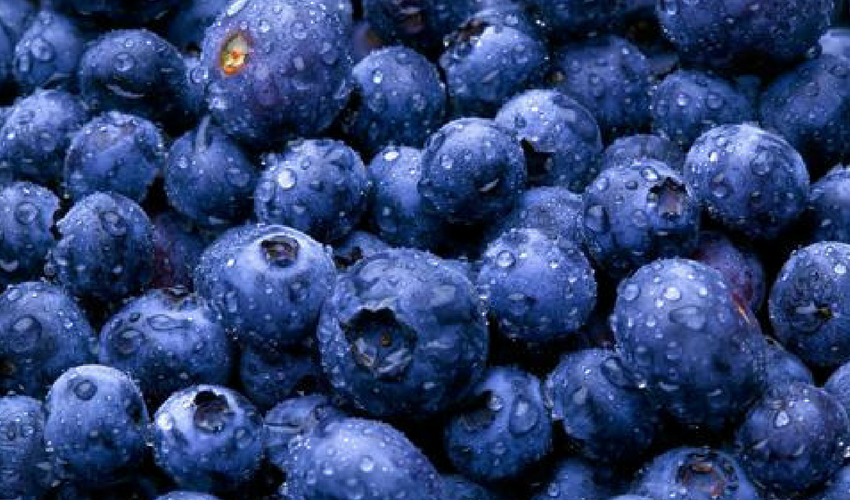
by Laurens Eeckhout – Nutritionist
Looking for a healthy snack that can improve your memory and concentration during those intense study sessions? Blueberries might be the right option. Science has already shown us that those little berries have benefits for our brain health. A new 2016 study[1] revealed that wild blueberry powder could have a positive effect on working memory, this is the capacity that is responsible for the temporary holding, processing, and manipulation of information.[2] As well as improved episodic memory, this is the memory of autobiographical events (times, places, associated emotions, and other contextual who, what, when, where, why knowledge) that can be explicitly stated.[3] The researchers think these benefits can have various explanations. One being the high anti-oxidant content. The other reason they think blueberries have such a positive effect is due to high content of polyphenols, in particular, anthocyanins. Anthocyanins are the compounds responsible for the vivid blue colour of blueberries. Polyphenols may also stimulate sensory neurones in the gastrointestinal tract, which could lead to an increase in insulin growth factor-1 (IGF-1) production in the hippocampus, with consequent enhancement of hippocampal angiogenesis (the physiological process through which new blood vessels form from pre-existing vessels)[4], neurogenesis (growth of new neurones)[5], and finally cognitive function.[6] Researchers have found intact anthocyanins in brain tissue, and there is a significant correlation between the concentration of anthocyanins in the brain and spatial working memory.[7]
How to integrate blueberries into your diet?
– Add a cup of blueberries to your oatmeal for breakfast
– Mix some blueberries with Greek yoghurt for a healthy snack between meals
[1] Result Filters. (n.d.). Retrieved September 17, 2016, fromhttps://www.ncbi.nlm.nih.gov/pubmed/27093246 [2] Diamond A (2013). “Executive functions” . Annu Rev Psychol. 64: 135–168. doi:10.1146/annurev-psych-113011-143750 . PMC 4084861 free to read. PMID 23020641 [3] Schacter, Daniel L., Gilbert, Daniel T., and Wegner, Daniel M. “Semantic and episodic memory”. Psychology; Second Edition. New York: Worth, Incorporated, 2011. 240-241. Print. [4] Angiogenesis insights from a systematic overview. New York: Nova Science. 2013. ISBN 978-1-62618-114-4. [5] Gilbert, Scott (2013). Developmental Biology. (Tenth ed.). Sinauer Associates Inc. ISBN 978-1605351926. [6] Harada N, Zhao J, Kurihara H, Nakagata N, Okajima K. Resveratrol improves cognitive function in mice by increasing production of insulinlike growth factor-I in the hippocampus. J Nutr Biochem 2011; 22: 1150–1159 [7] Fang J. Bioavailability of anthocyanins. Drug Metab Rev 2014; 46: 508–520
